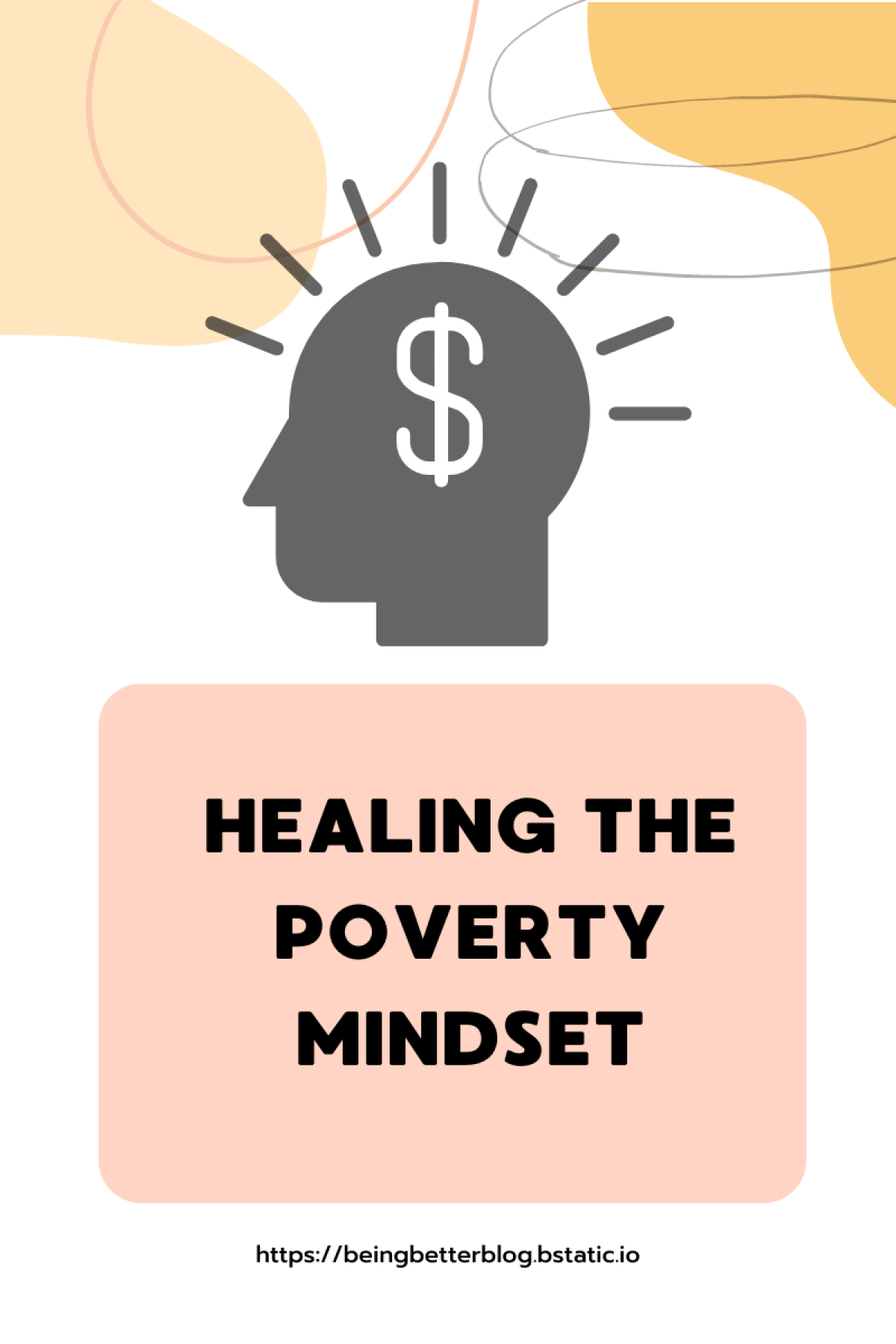Another day another dollar in debt
It was the peak of the great recession, and our house was in foreclosure. My step-father had been laid off from his job, a fate suffered by many during that time. Having no savings, the fact that we would be unable to pay the mortgage and would lose the house was a foregone conclusion.
But it didn’t need to be that way. Despite being a high-school dropout, he had managed to secure a union factory job in his early 20’s and by 2008 was a near six-figure earner. But despite this, when the economy crashed and the job went away- we had nothing and lost everything.
How Did This Happen?
My parents purchased the house in the early 90’s when I was a small child, and my mother was pregnant with my little brother. But despite paying their mortgage during that time, by 2008 they owed about as much as the original purchase price and had no equity in the home.
How did that happen? To put it simply: cash-out refinancing. Cash-out refinancing was marketed to homeowners as a way to refinance their homes and extract equity at the same time. According to the National Bureau of Economic Research, it was a significant contributing factor to the 2008 financial crisis.
Specific to my family, my parents had a history of making poor financial decisions, such as opening and immediately maxing credit accounts. But when the payments came due, the bills were ignored and left to default into charge-off status. This behavior wrecked their credit and left them vulnerable to litigation to recover the balance.
I can understand why they thought cash-out refinancing solve their problems. Theoretically, the math made sense- they owed $X amount of money lent at a higher interest rate than the offered refinance rate. So technically, moving the debt to the lower interest rate and paying it off over time would save them money over the repayment period.
But that was the correct solution to a math problem; and the incorrect solution to a behavioral problem my parents were facing. Unfortunately, the cash-out refinancing didn’t work for them. Like so many other people, they “paid off” the debt, felt like they’d accomplished something, and returned to the same habits that caused the situation in the first place. Shortly after the cash-out refinancing, they were right back where they started regarding their debt balances.
They were back in debt with even less equity- worse off than when they started.
If you rinse and repeat this process over the years, you end up with 18+ years of home ownership and mortgage payments under your belt with a predatory sub-prime interest rate, consumer debt, no equity, and an outstanding underwater mortgage.
When it all came out in the wash, my parents walked away with nothing to show for nearly two decades of their highest-earning years.
Admitting to myself I’m no different than they are
As I wrote my parent’s story above, I felt judgment towards them. Logically, it’s evident that every choice they made was misguided, and the word ‘stupid’ comes to mind.
But to "be better" I need to admit that I’m no better than they are and am guilty of the same mistakes they made. While I’m not a homeowner and, therefore, not guilty of the same mistakes, I have nonetheless fallen victim to the same debt cycle.
If you’ve read this blog from the beginning, you know I have over $20,000 in personal loans outstanding right now. I “earned” that $20,000+ balance the same way my parents earned their outcome in 2008. I thought credit card consolidation loans would solve my spending problem. Another correct solution to a math problem but an incorrect solution to a behavioral problem.
I decided to take personal consolidation loans to pay off credit card debt; sure I would pay off the balance without incurring further debt. Just as my parents took that cash-out refinancing, thinking they would be successful. And true to form, I maxed out my credit cards and sought another personal loan. This “solution” never worked because I could never change the behavior that caused the debt in the first place. It made the problem worse.
The story repeats itself generation after generation. I’m the same as my parents. But I don't want to stay that way.
Why does poor money management seem to run in families?
Financial therapists say our money habits as adults are deeply rooted in our childhood experiences and observations. Our family's messages help shape our learned behaviors and values regarding spending, saving, and investing. Source
In a way, our money mindset is inherited. I’ve realized I’ve inherited a poverty mindset that has been holding me back from making progress in life.
What is a poverty mindset?
Google tells me that “it’s a combination of hopelessness, scarcity mindset and toxic stress.”
“Another day, another dollar in debt”- I think my dad’s quote speaks to the feelings of hopelessness that trap many of us in a poverty mentality and debt cycles. You have to believe it’s possible to get ahead before trying to improve yourself and your situation.
But what is a scarcity mindset?
The term "scarcity mindset" was coined by the author Stephen Covey in his book "The 7 Habits of Highly Effective People." There are two main facets: the thought that wealth and opportunities are limited, and the fear that one will never have enough.
The scarcity mindset can present itself in two ways:
1. A person that is so afraid of losing their livelihood that they become extremely frugal and are afraid to spend money. Their solution to perceived limited opportunity and fear of losing resources is to hold on to everything they manage to get.
2. A person that believes any opportunity they receive will be short-lived and is thus motivated to extract all value out of a resource as quickly as possible before the resource is lost. This is a person that spends their entire paycheck in two days and then has to figure out how to survive on nothing until they get paid again. Or a person who opens a credit card and maxes it out because the money is available now but may not be in the future.
It’s glaringly apparent which style runs rampant in my family.
I was surprised to learn that there’s science to support how ubiquitous this behavior is. According to the APA, having a low sense of control along with economic uncertainty prompted people from poorer backgrounds to be more impulsive than those from wealthier families.(https://www.apa.org/news/press...)
Synthesizing all this information, there are logical and scientific explanations for my problems. Still, I can’t help but feel like merely understanding the cause is inadequate. It still doesn’t get to the significant crux of my situation. No matter how hard I tried, I could not find a way to stop the damaging behavior.
Investigating how people make lasting changes
I’m reading Stephen Covey’s book "The 7 Habits of Highly Effective People." In the first chapter, he presents an analogy that describes the problem I mentioned above- knowing you’re doing something wrong and wanting to improve is insufficient to address the issue.
He discusses why this is the case through the analogy of a person trying to locate a destination in Chicago using only a map they were given by another party. No other outside sources are allowed; you can only use this map.
No matter how hard this person tried, they could not find the intended location. They researched and implemented new strategies to improve their map reading ability and sought outside sources to manage their frustration regarding their inability to find the place. But despite these strategies, they were still unable to locate the destination because, as it turns out, they were given a mislabeled map. The map was a map of Detroit all along.
Trying harder or changing your attitude doesn’t work when you’re operating under misguided principles.
Defining “being better”I titled this blog “being better” because I knew I needed to make significant changes in my life- but how I needed to change was unclear to me at the time. After these reflections, I can say that”being better” can be defined as working to improve the “mental map” I have. It's working to correct my “misguided principles.”
The “map” my family gave me for managing money (and life in general) has errors. The primary issue is correcting these errors, not working on how I feel about the error-filled map, nor working on strategies to better execute the incorrect instructions on the map.
So here’s to drawing a better map for myself…


